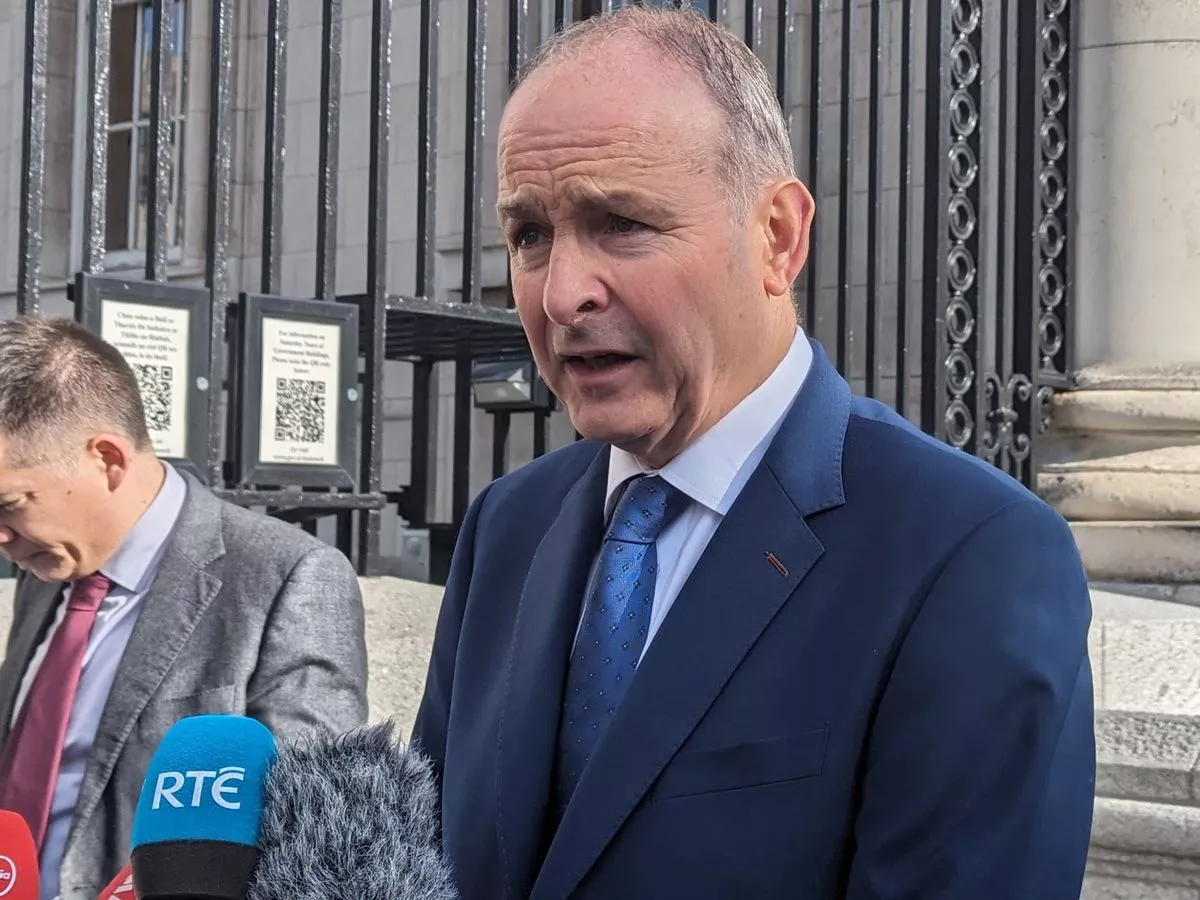Copyright cityam

House price growth in the UK has slowed and sales have dropped for the first time in two years as more buyers adopt a ‘wait and see’ strategy ahead of a tax-raising Budget next month. Zoopla found that the usual Christmas slowdown has “begun six to eight weeks early”, with buyer demand down eight per cent and sales agreed down three per cent year on year. The slowdown in market activity is concentrated in the higher sales price bands, with a sharper decline in sales, listings and buyer demand for homes priced above £500,000. “Here’s the hard evidence showing what we already knew – Labour’s fearmongering about what’s coming in the next Budget has caused an otherwise booming housing market to contract,” Simon Gerrard, chair of Martyn Gerrard Estate Agents, said. He described the kite-flying of possible changes to property taxes earlier this summer as a “massive own goal” and “poor messaging”. “We’re now facing multiple months of subdued transactions, which will only reduce the overall tax take,” he added. Listed housebuilders saw a slight dip in their stock prices on Monday, with Vistry down 1.2 per cent and Barratt down 0.7 per cent. Taylor Wimpey’s share price fell 0.86 per cent and Berkeley was down 1.19 per cent. A temporary pause? Some property experts said that strong underlying demand meant that the housing market would likely return to normality after the budget as buyers settled into a more certain environment. “Once there is greater clarity around taxation and economic policy, we expect confidence to return,” Guy Gittins, CEO at London estate agent Foxtons, said. “The current slowdown should therefore be viewed as a temporary pause rather than a fundamental shift in market dynamics.” The housing market similarly faltered before last Autumn’s budget, and ramped up soon after as buyers raced to secure houses before the end of the stamp duty holiday. It remained resilient after the holiday ended – with a slight dip in April – as modest price growth and improving buyer sentiment were supported by falling mortgage rates. Amy Reynolds, head of sales at Richmond estate agency Antony Roberts, cautioned that any ‘bounce’ would likely come in the New Year. “Nothing will happen in November, and then we are so close to Christmas it’s hard to see how a post-budget bounce will have an impact this year,” Reynolds said. Mansion tax talk ramps up However, this optimistic scenario for the housing market in 2026 is reliant on the Autumn budget containing no significant setbacks for housesellers. Talk of a mansion tax, for example, has ramped up again over the past few days, with housing secretary Steve Reed refusing to rule it out. He said: “The Chancellor will be announcing her full tax strategy and the full tax reforms coming forward in the Budget… we need to wait and see”. Becky Fatemi, the executive partner at Sotheby’s, told The Telegraph that her high net worth clients had reacted to the rumours with “disgust… perceiving no incentive at all to be here”. “Today, I’ve had a few phone calls from people saying, ‘Look, whatever price I need to sell at, just reduce it to that so I can get it away’,” she added. “But then I’ve got other clients who have told me, ‘Actually, I’m not going to sell. I’m going to wait for this Government to leave because there’s no way that they’re going to be able to sustain this kind of stupidity, and I’m just going to take my property off the market’.” She said Labour was “shrinking the economy quite dramatically and breeding a stagnant swamp”. Former Bank of England governor Mervyn King has similarly criticised the policy, mooted to include a fresh tax on property value about £2m, as incoherent. It would likely cause the housing market to clam up, with downsizing heavily discouraged and the ripple effect causing trouble in the rest of the market as mid-sized homeowners don’t relocate to larger houses. Spooking the downsizers Almost half of over-55s who are considering downsizing say their plans would be affected by the introduction of property taxes, according to new research from Audley Villages. Andrew Teacher, co-founder at Lauder Teacher, said: “On top of Brexit and the mountain of levies and regulation that has brought housebuilding to a standstill, a failure to read the room [on a mansion tax] will simply put the final nail in the coffin of the government’s housing targets.” “Instead, a radical reform to council tax and business rates is what is needed, with ministers waking up to smell the coffee and using the political capital they have to make genuine, radical reform to those policies that will make a real difference.”



